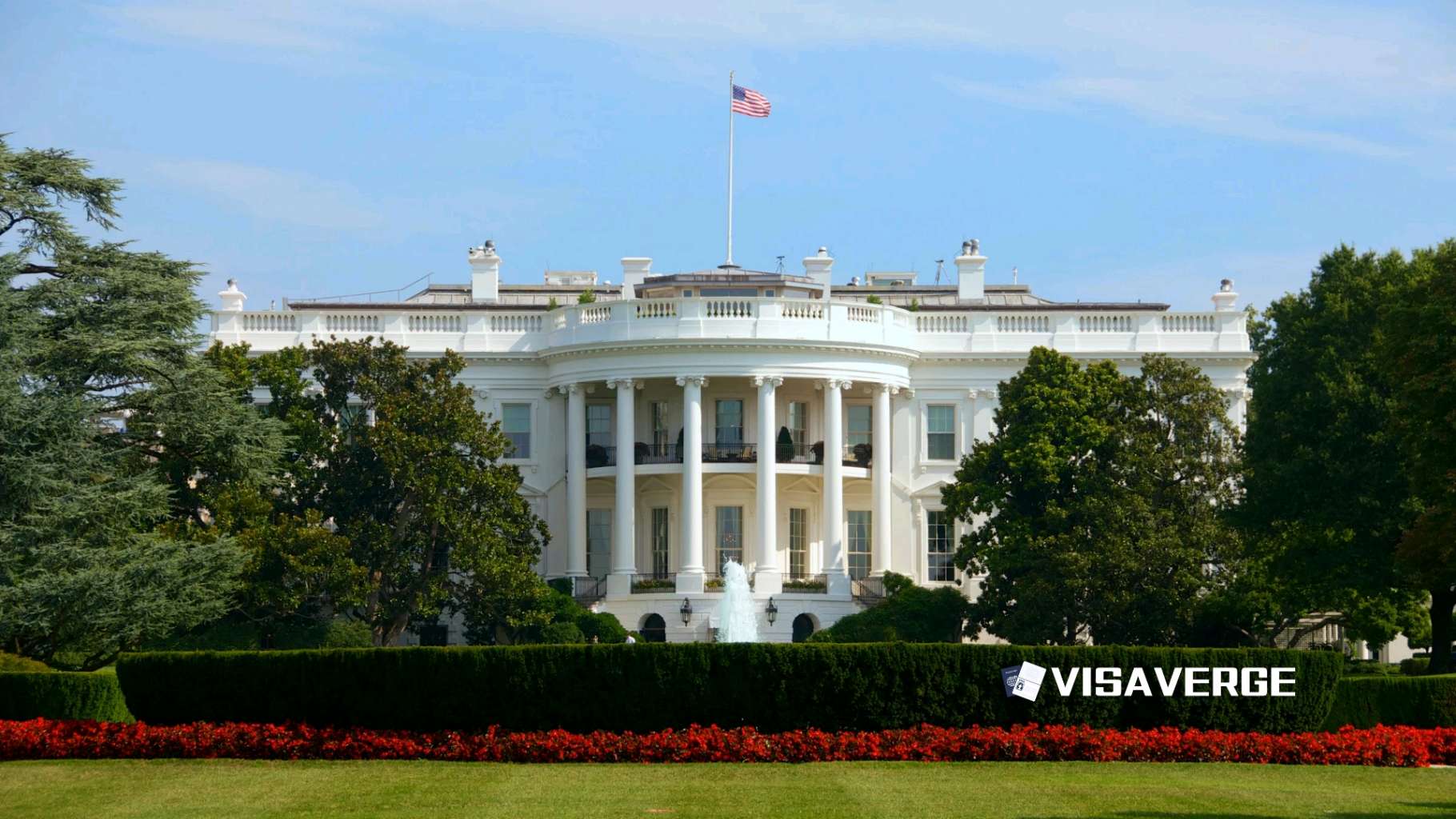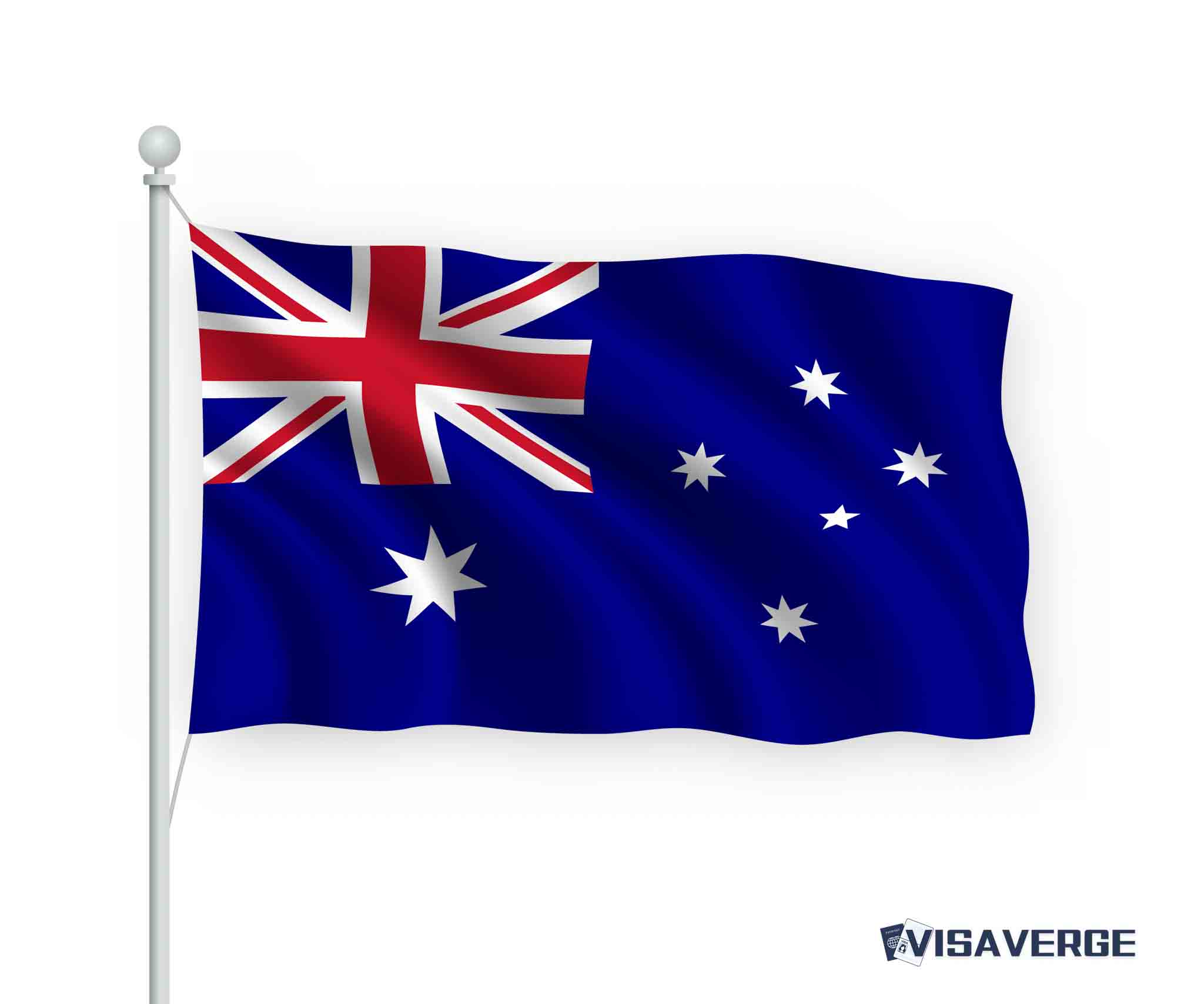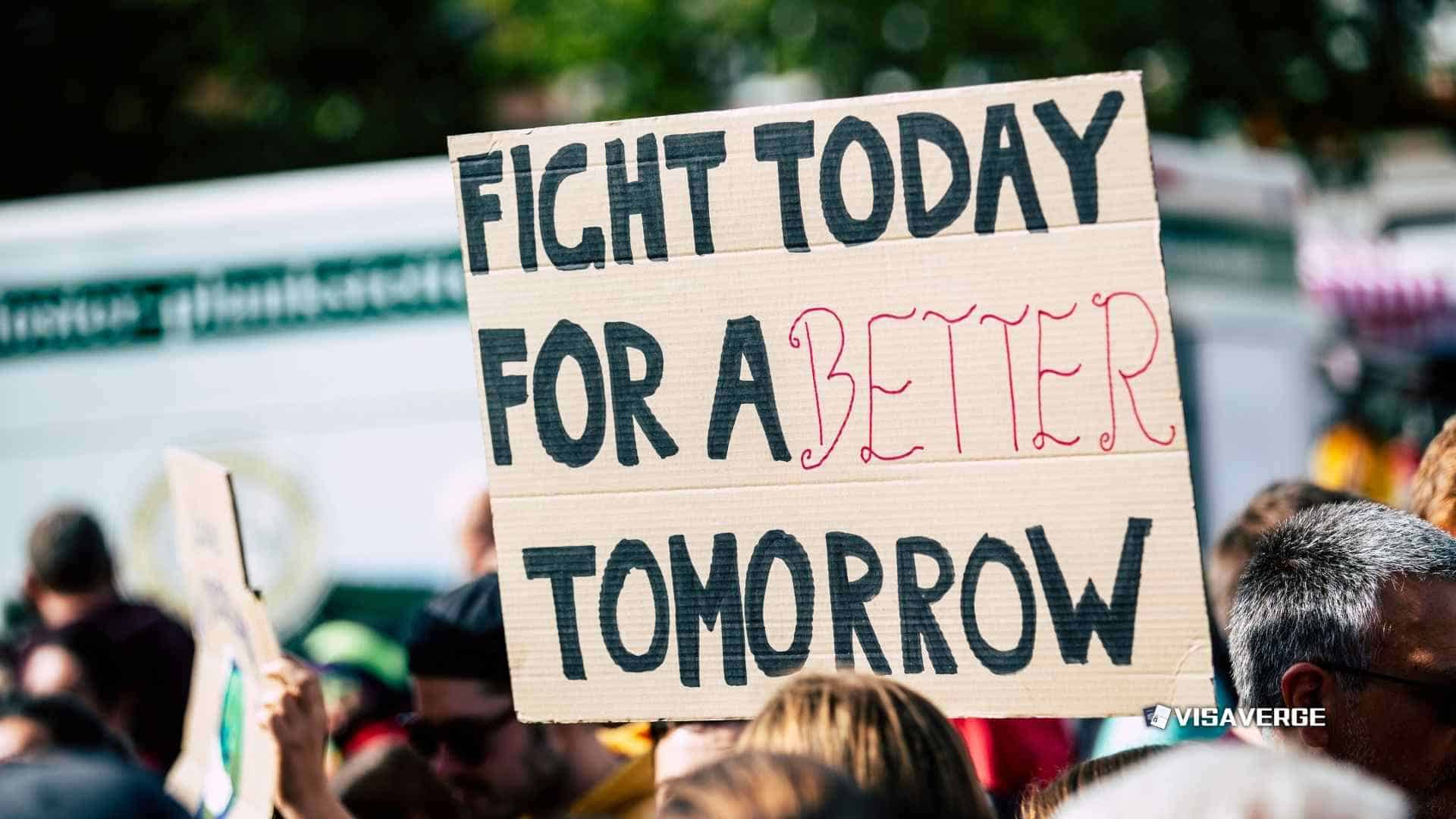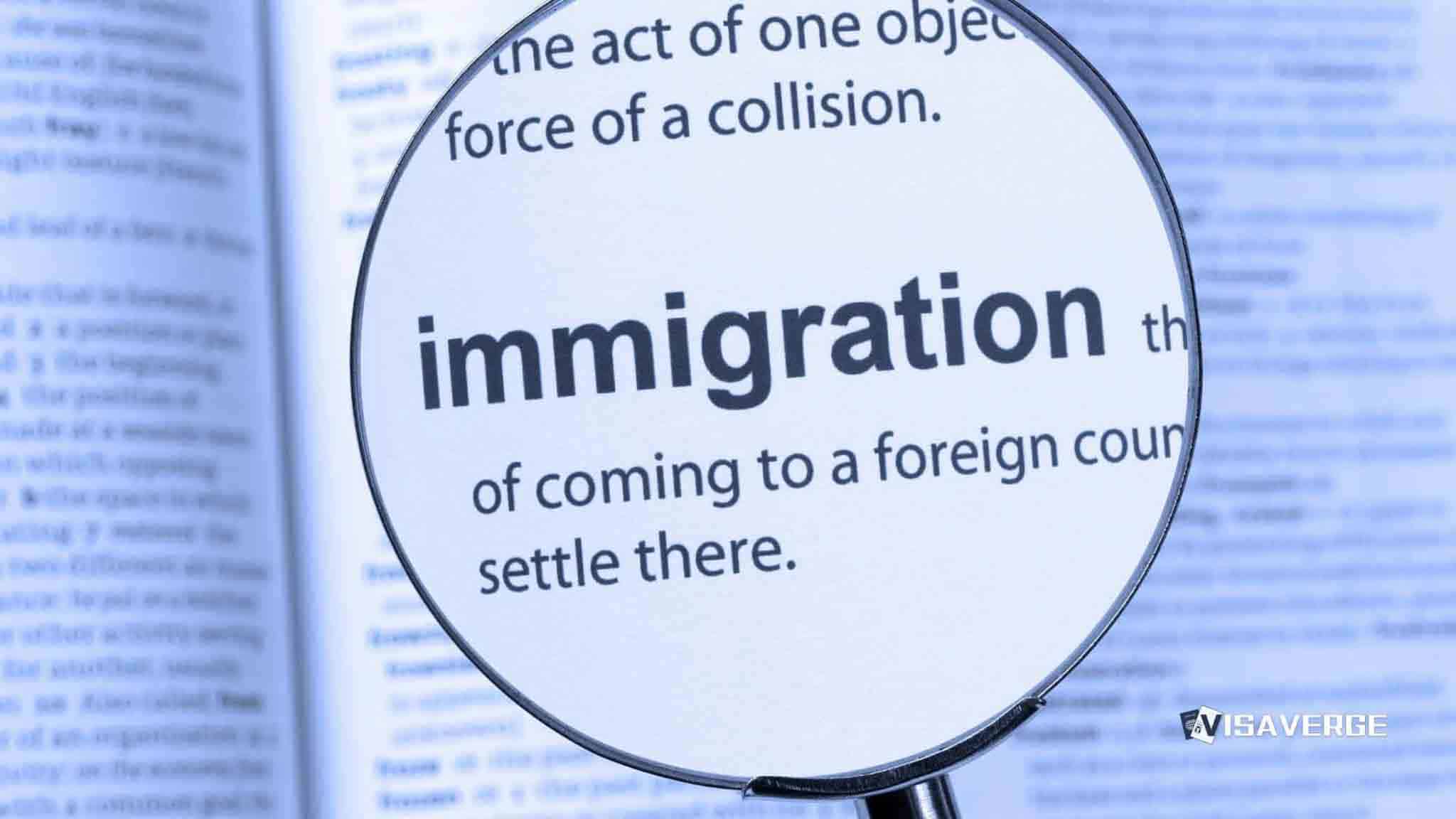Key Takeaways
• Bennie Boatwright’s naturalization process paused due to government delays and his absence after heel surgery in 2024.
• Athlete naturalization can be expedited by congressional legislation, bypassing some standard immigration requirements for sports interests.
• Physical presence in the Philippines is mandatory for crucial steps like hearings and signing required documents for citizenship.
Pathways to Citizenship for Foreign Athletes in the Philippines 🇵🇭
Many countries allow foreign athletes to become citizens through special legal processes. The Philippines 🇵🇭 uses naturalization to let basketball players join national teams like Gilas Pilipinas. In the case of Bennie Boatwright, an American-born player, this process has paused, preventing him from becoming eligible for Gilas Pilipinas. Using Boatwright’s case, this article explains the naturalization process in detail, including requirements, common obstacles, and what affected athletes and fans can expect.

Current Situation of Bennie Boatwright’s Naturalization Process
Bennie Boatwright’s journey to become a Philippine 🇵🇭 citizen by naturalization began in May 2024. Senator Sonny Angara filed a bill to start the process, aiming to strengthen Gilas Pilipinas, the country’s national basketball team. Boatwright’s on-court performance, especially during the PBA Commissioner’s Cup where he averaged over 30 points per game for San Miguel Beer, made him a standout candidate. However, as of May 2025, the process is on hold due to several government and administrative reasons. This means he cannot yet play as a citizen for Gilas Pilipinas, and fans will need to wait longer before seeing him suit up for the national team.
Eligibility Requirements for Naturalization in the Philippines 🇵🇭
Usually, to become naturalized in the Philippines 🇵🇭, a person must meet the following:
- Legal entry into the country.
- Continuous residence for a set number of years.
- Good moral character.
- No criminal records.
- Ability to speak, read, and write in Filipino or English.
- Understanding of the country’s history and culture.
– Willingness to renounce previous citizenships, unless allowed to hold dual citizenship.
For athletes like Bennie Boatwright, the process is sped up by special legislation or congressional action. Lawmakers can file a bill to grant citizenship if it benefits the national team. This route skips some typical waiting periods and paperwork found in standard cases.
Residency Requirements
The most common rule is that a foreigner becomes eligible after living legally in the Philippines 🇵🇭 for at least 10 years. However, this period may be shortened for certain groups:
- Those married to Filipino citizens
- People who have made “notable contributions” such as athletes, scientists, or artists
In Boatwright’s case, extraordinary sports talent and the direct interest of the national basketball program can help speed up the time frame. Still, the applicant must be physically present in the Philippines 🇵🇭 for key parts of the process, such as during Senate hearings and when signing final documents.
Language Proficiency and Civic Knowledge Testing
All who apply for naturalization must show they can speak and write in Filipino or English. They also have to demonstrate basic civic knowledge, including knowing Philippine 🇵🇭 laws and customs. In practice, most foreign athletes pass this step by living and working in the country for several months, often surrounded by teammates and coaches.
The official process may require a short interview or written questions to make sure the applicant understands the basics of citizenship. For those chosen by lawmakers, this may be less formal but still important.
Application Process: How an Athlete Becomes a Citizen
- Bill Filing: Lawmakers like Senator Sonny Angara file a bill seeking citizenship for the athlete. The bill includes personal details and the reasons for citizenship—such as helping Gilas Pilipinas.
- Review in Committees: Congressional committees evaluate the bill, checking requirements and considering public response.
- Public Hearings: Athletes usually need to testify to their commitment and readiness to become a citizen. This step requires the physical presence of the applicant.
- Approval in Both Chambers: The House of Representatives and Senate must both approve the bill.
- Presidential Signature: Once passed, the bill goes to the President for signing into law.
- Oath-taking: The President or a designated official oversees the new citizen’s oath.
Required Documents
Although naturalization by legislation has different steps from the standard process, key documents are always needed. These include:
- A valid passport and copies showing legal entry.
- Proof of residence in the Philippines 🇵🇭. This could be a lease, utility bill, or employment contract.
- Health and police clearance certificates.
- Statements of intent and reasons for applying, sometimes including letters of support from coaches or team officials.
Physical Presence: A Key Requirement
One major cause for the delay in Bennie Boatwright’s process has been his repeated postponement of travel to the Philippines 🇵🇭. Recovery from heel surgery made it impossible for him to attend essential meetings and sign documents in person. This requirement is strict because the law wants to confirm that the candidate is truly involved in Philippine 🇵🇭 life, even for “fast-tracked” athletes.
Processing Times and Speed of the Naturalization Process
Most standard naturalization processes in the Philippines 🇵🇭 take several years, but Congress can move faster for urgent national interests, like sports. Even so, political events often disrupt the process. For Boatwright, the midyear elections caused Congress to go into recess, and the administrative reshuffling that follows has put his case “on hold.” According to the timetable, progress will likely resume after lawmakers reconvene following the State of the Nation Address (SONA), usually in July or August each year.
Fees Associated with Naturalization
While standard naturalization comes with government filing fees, fingerprinting costs, and fees for medical or police clearances, naturalization by legislative act can involve more expenses. These may include legal representation, document processing, and sometimes “unofficial” costs related to travel or administration. The government does not always publish a set fee schedule for legislative citizenships.
Naturalization Interview and Oath Ceremony
Once the bill passes and is signed by the President, the new citizen must take an oath of allegiance to the Philippines 🇵🇭. This is normally a formal event led by government officials. The athlete promises to respect the laws, culture, and identity of the country and to fulfill all the responsibilities expected of any citizen.
Rights and Responsibilities of a Naturalized Athlete
After naturalization, foreign-born athletes like Bennie Boatwright receive all the rights of Philippine 🇵🇭 citizens. They:
- Can represent Gilas Pilipinas in international events
- Gain freedom to live and work in the country without restrictions
- Hold a Philippine passport
They also share full responsibilities alongside natural-born Filipinos, like obeying all the country’s laws and respecting its values.
Dual Citizenship: What the Law Says
The Philippines 🇵🇭 does allow dual citizenship in some cases, especially for people with Filipino ancestry. However, athletes naturalized by special act are normally required to renounce their previous citizenship. Still, because international sports rules allow only one national team per player, most naturalized players focus on their new nationality.
Citizenship for Children and Dependents
The law can extend citizenship rights to an athlete’s children, particularly if the applicant already lives in the Philippines 🇵🇭 or intends to settle there. For Bennie Boatwright, this is less relevant since the focus is on his ability to join Gilas Pilipinas, but it can affect other candidates with families.
Special Provisions for Military or Public Service
If an applicant wishes to serve in the Philippine 🇵🇭 military or run for public office, there are usually extra requirements. These do not apply to sports candidates, but the law remains strict about public morals and reputation.
Denial and Appeals
Cases can be denied for several reasons: incomplete paperwork, failure to appear at necessary hearings, criminal convictions, or public protest. If a naturalization request fails, there are options for appeal through higher courts or by re-filing the application after fixing any problems.
Case Studies and Common Scenarios
Boatwright’s journey is not the first time a player’s citizenship has been delayed due to government schedules or personal problems like injury. In the meantime, the national team must rely on existing naturalized players, such as Justin Brownlee and Ange Kouame, who already meet all necessary requirements.
Analysis from VisaVerge.com suggests that such delays are common when bills must pass through multiple approvals and when the process relies on both the government’s schedule and the physical availability of the applicant.
Common Obstacles for Athlete Naturalization
The most frequent issues faced by athletes include:
– Government holidays, recesses, or elections putting bills on pause
– Injuries or health problems blocking required travel
– Missing or unclear documents
– Changing priorities in Congress
For Boatwright, a mix of political timeline and personal recovery has slowed things to a stop.
Official Resources and Further Preparation
For those interested in the legal steps and requirements for naturalization in the Philippines 🇵🇭, the official government guide can be found on the Philippine Bureau of Immigration website. Aspiring athletes or their legal teams can also contact Philippine immigration authorities or seek advice from sports bodies that have handled similar cases in the past.
Summary and Next Steps
Bennie Boatwright’s story shows how many steps and issues stand between a talented foreign athlete and playing for Gilas Pilipinas. From lawmaker support and bill filing to personal health and government breaks, a player must overcome many hurdles. Until Congress concludes its elections and Boatwright is physically in the country to complete paperwork, his naturalization process will remain on hold.
While fans hope to cheer for Boatwright soon, it is wise to keep expectations in check and support players like Justin Brownlee who continue to wear the Gilas Pilipinas jersey. Candidates aiming for naturalization can best prepare by keeping documents current, staying aware of government schedules, and managing their health to meet physical presence rules.
For up-to-date information and developments, keeping an eye on official announcements and trusted platforms is key. For more on this and similar cases, as well as the latest in sports and immigration policy for athletes, VisaVerge.com remains a trusted source.
Learn Today
Naturalization → The legal process by which a foreign national becomes an official citizen of a country, granting full citizenship rights.
Congressional Legislation → A law or bill introduced and passed by Congress to grant privileges, such as expedited citizenship, to specific individuals.
Physical Presence Requirement → The obligation for applicants to be physically present in the Philippines during key steps of the naturalization process.
Dual Citizenship → The status of being a legal citizen of two countries at the same time, with responsibilities and rights in both.
Senate Hearings → Formal committee meetings in the Senate where applicants testify and lawmakers consider citizenship bills for foreign athletes.
This Article in a Nutshell
Bennie Boatwright’s hopes of playing for Gilas Pilipinas are on hold due to administrative delays and health issues. While Filipino law allows expedited citizenship for athletes, physical presence remains essential. His journey highlights the unique hurdles foreign athletes face when seeking naturalization to represent the Philippines on the international stage.
— By VisaVerge.com
Read more:
• Naturalization ceremony returns to Old Courthouse in St. Louis
• Portland Cinco de Mayo Fiesta drops naturalization ceremony over budget cuts
• What happens when U.S. citizenship is revoked through denaturalization
• Iowa House mandates naturalization test for high school graduation
• DOGE Gains Access to U.S. Naturalization IT Systems, Memo Reveals













